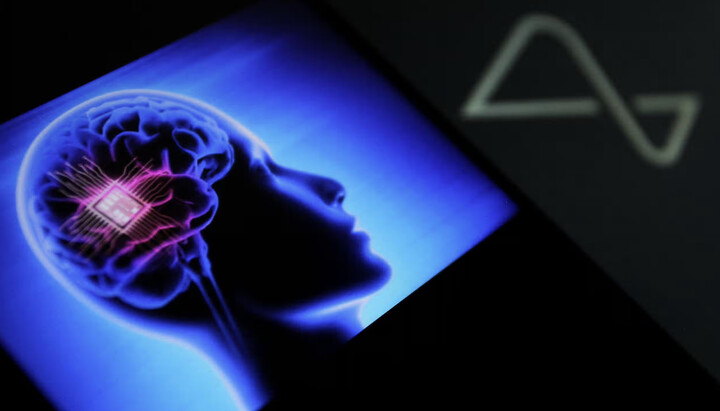UK to implant chips in heads of people suffering from depression

A device developed by the American nonprofit organization Forest Neurotech will be implanted beneath the skull but outside the brain.
The UK is set to begin testing chip implantation technology to treat people suffering from depression, reports The Guardian.
The UK’s National Health Service (NHS) announced trials of a brain-computer interface (BCI) technology capable of directly altering brain activity using ultrasound.
The device, developed by the American nonprofit Forest Neurotech, will be implanted beneath the skull but outside the brain. It can read brain activity and target neuron clusters, “activating” them through ultrasonic pulses.
As part of the trials, funded by the UK’s Advanced Research and Invention Agency (ARIA), the safety and effectiveness of the device will be tested on 30 patients.
The technology’s key feature is its minimally invasive nature: the device will be placed in the space created by temporarily removing part of the skull in patients who have suffered head injuries.
Researchers believe this technology could revolutionize the treatment of depression, epilepsy, obsessive-compulsive disorder, and other conditions associated with impaired brain activity.
Jacques Carolan, ARIA’s program director, stated:
“Neurotechnologies can help a much broader range of people than we thought. Helping with treatment resistant depression, epilepsy, addiction, eating disorders, that is the huge opportunity here. We are at a turning point in both the conditions we hope we can treat and the new types of technologies emerging to do that.”
The study will run for three and a half years starting from March, with the first eight months focused on securing regulatory approval. If successful, Forest hopes "to move into a full clinical trial for a condition such as depression".
However, the implementation of such devices raises significant neuroethical concerns. Professor Clare Elwell, a medical physicist from University College London, noted:
“These innovations could be really fast-moving from a technical perspective, but we’re lagging behind on addressing neuroethical issues. We’re now accessing neural pathways in a way that we haven’t been able to do before, so we need to carefully consider the clinical impact of any intervention and ensure we always act in the best interests of the patient.”
Initial results from the device testing are expected in the coming years. This development is part of ARIA’s large-scale program to create precise neurotechnologies, with a total budget of £69 million.
Earlier, the UOJ reported that Elon Musk announced the successful implantation of a chip in a human brain.











